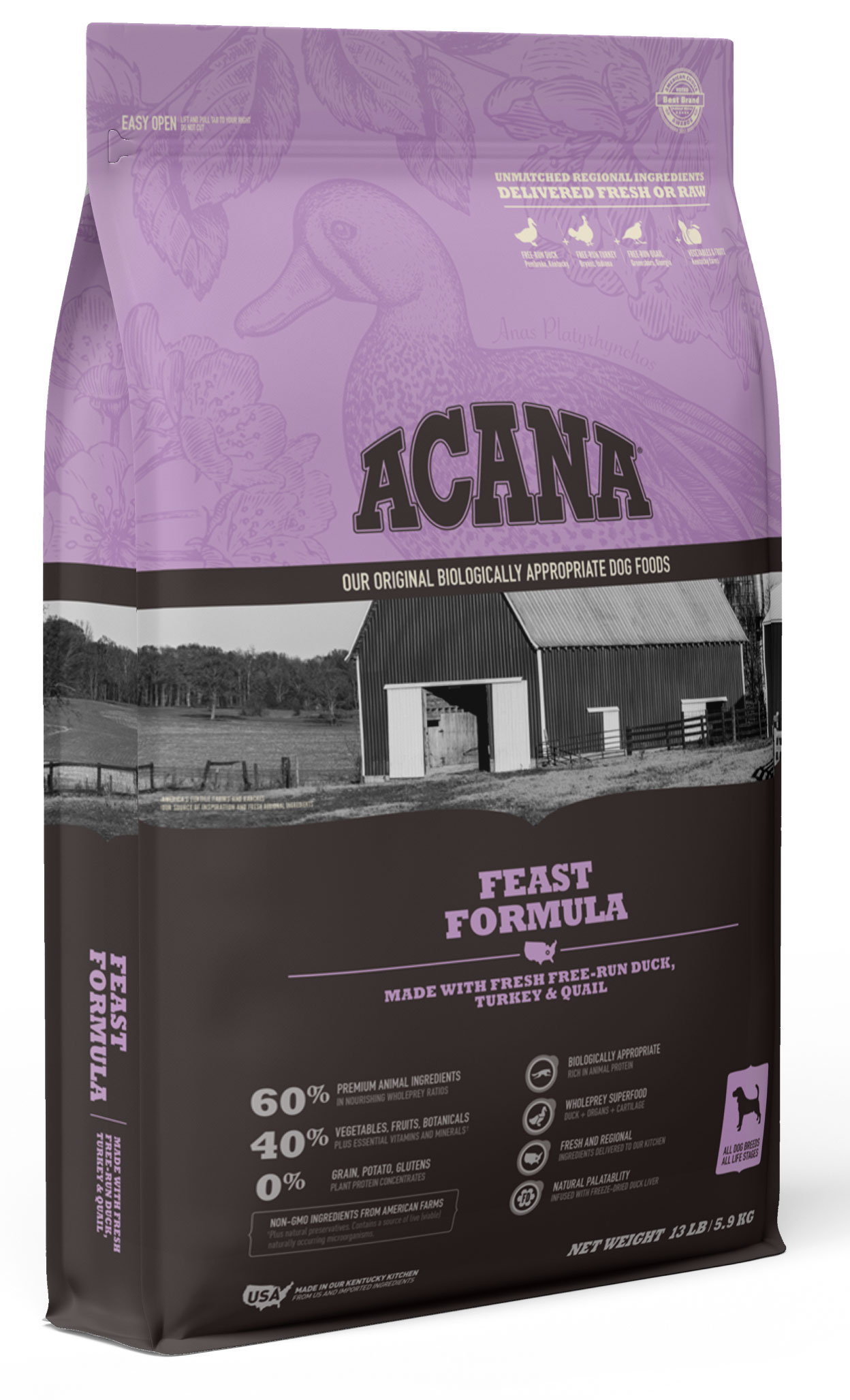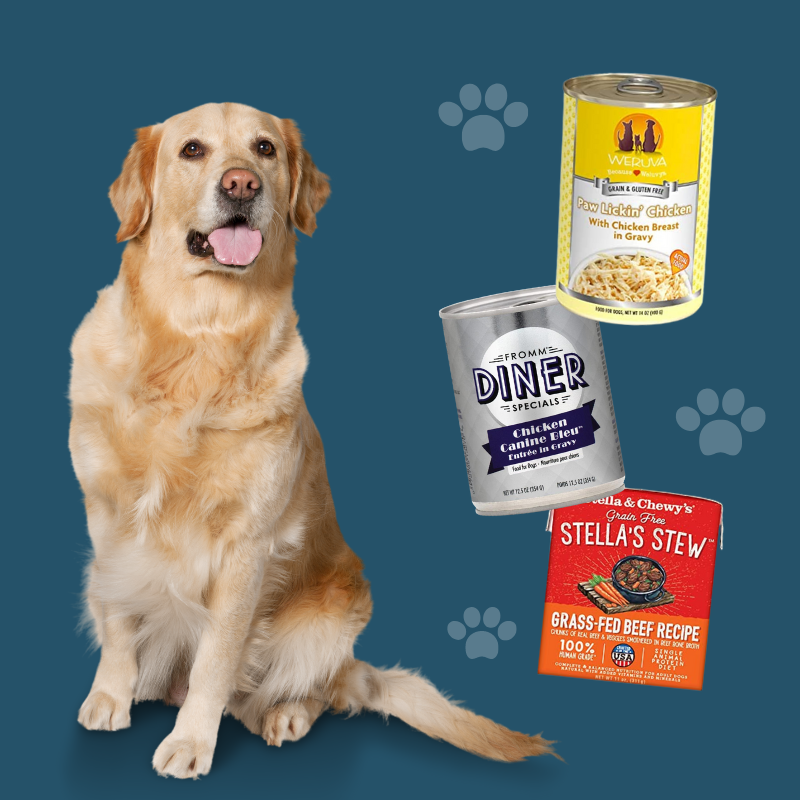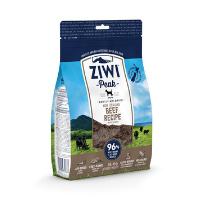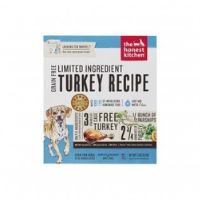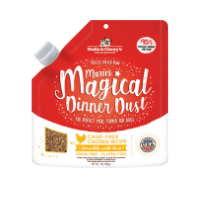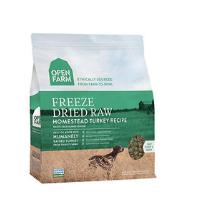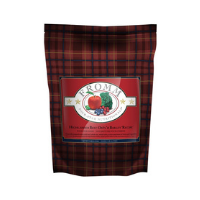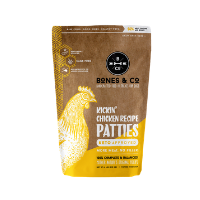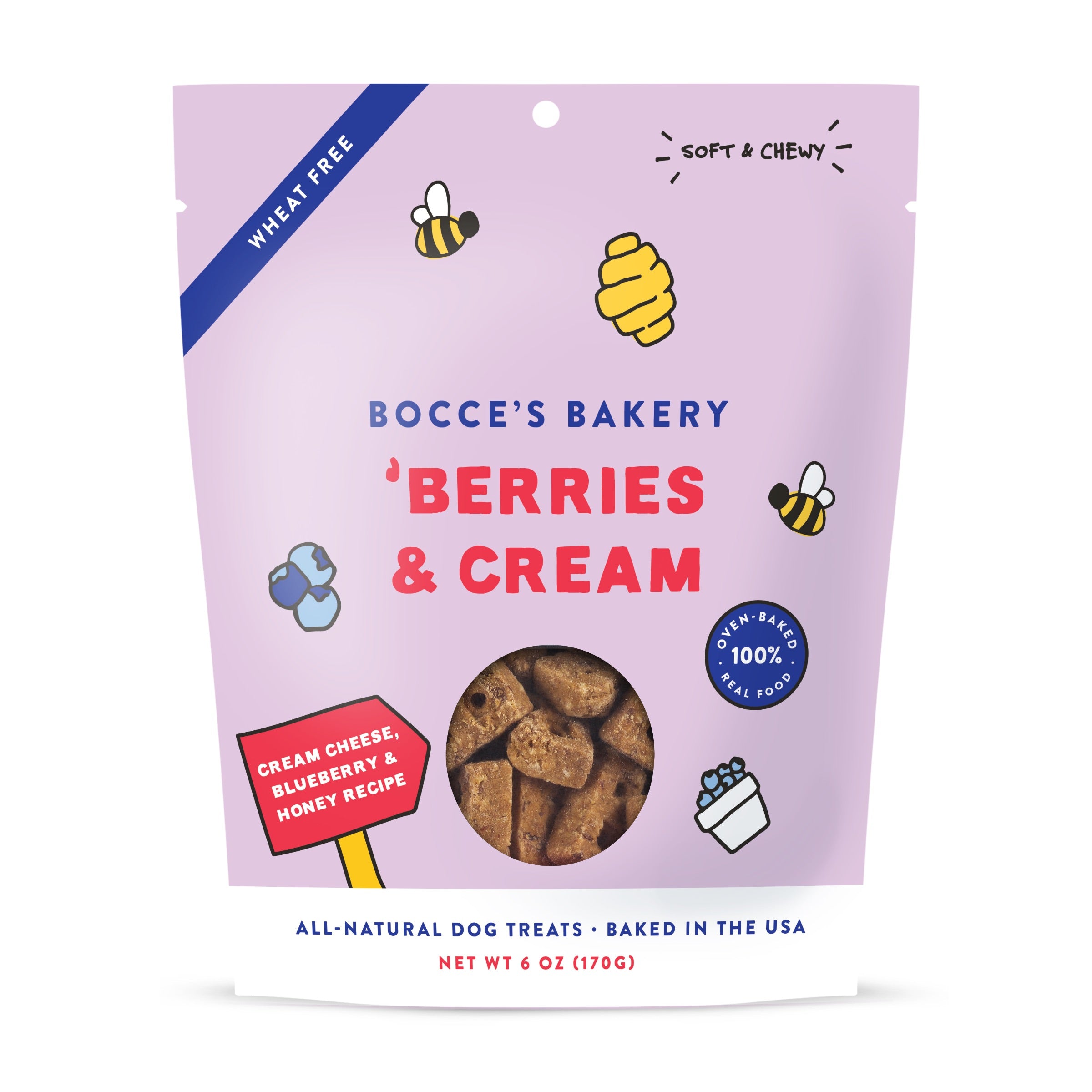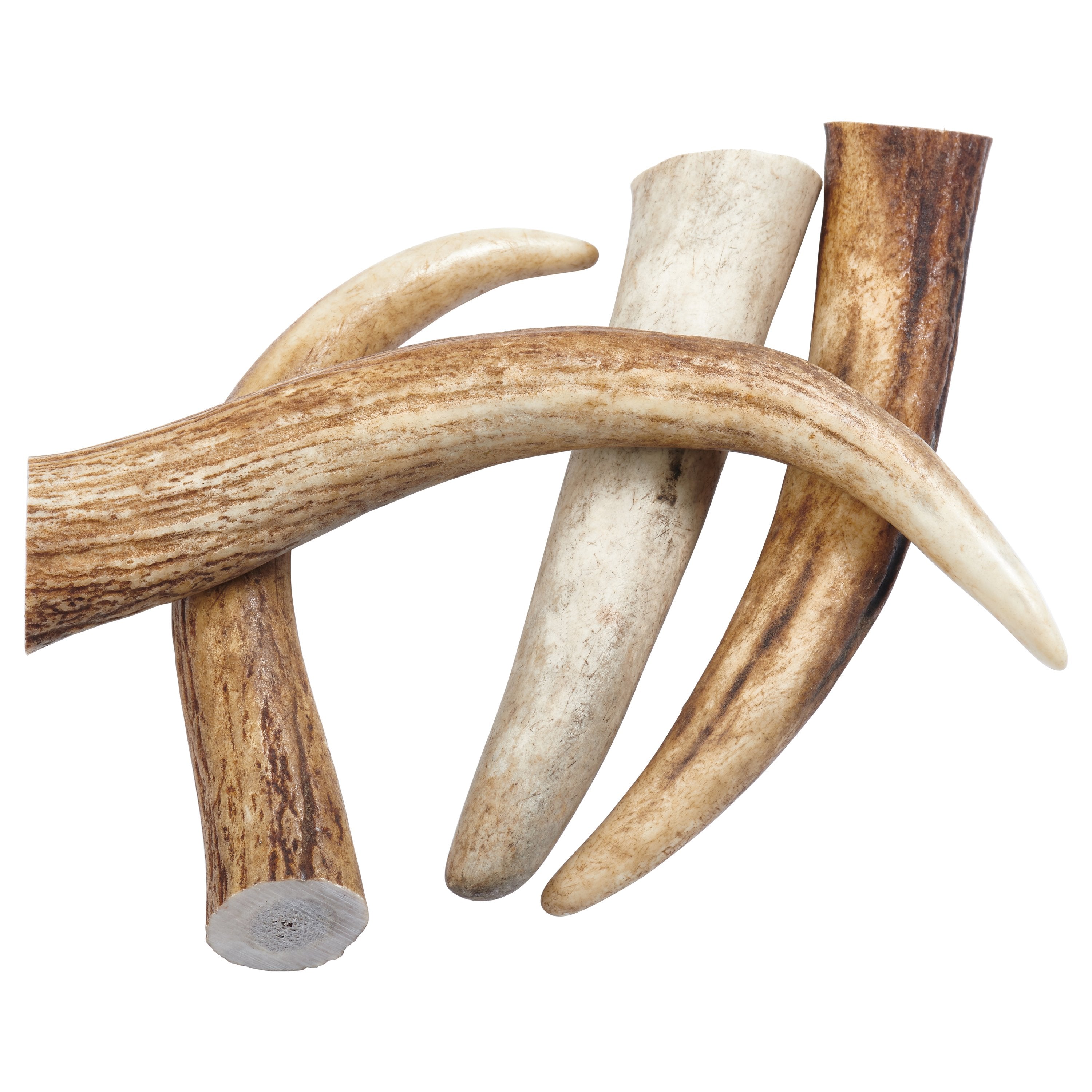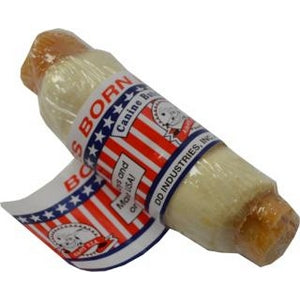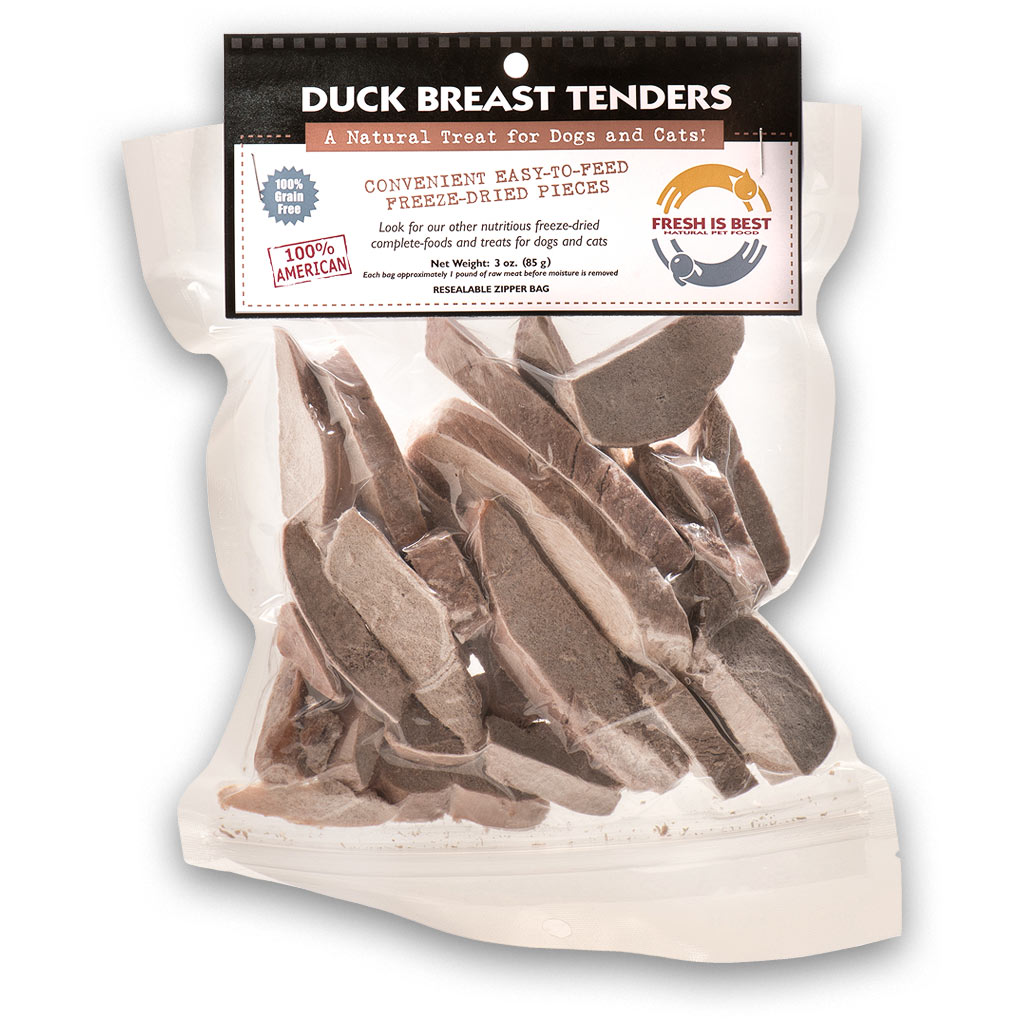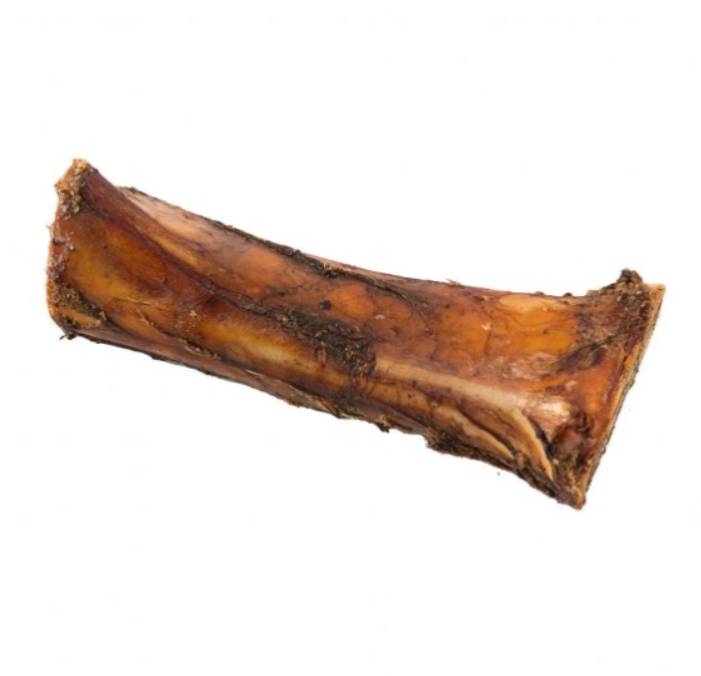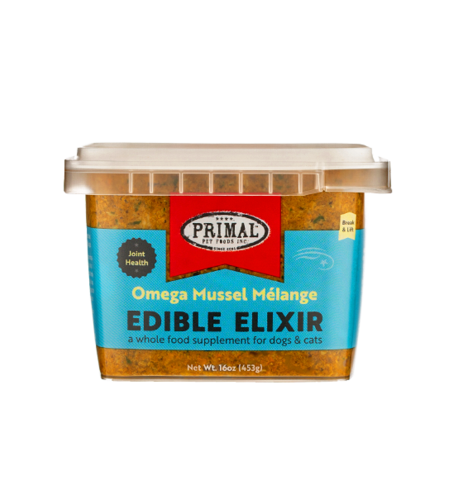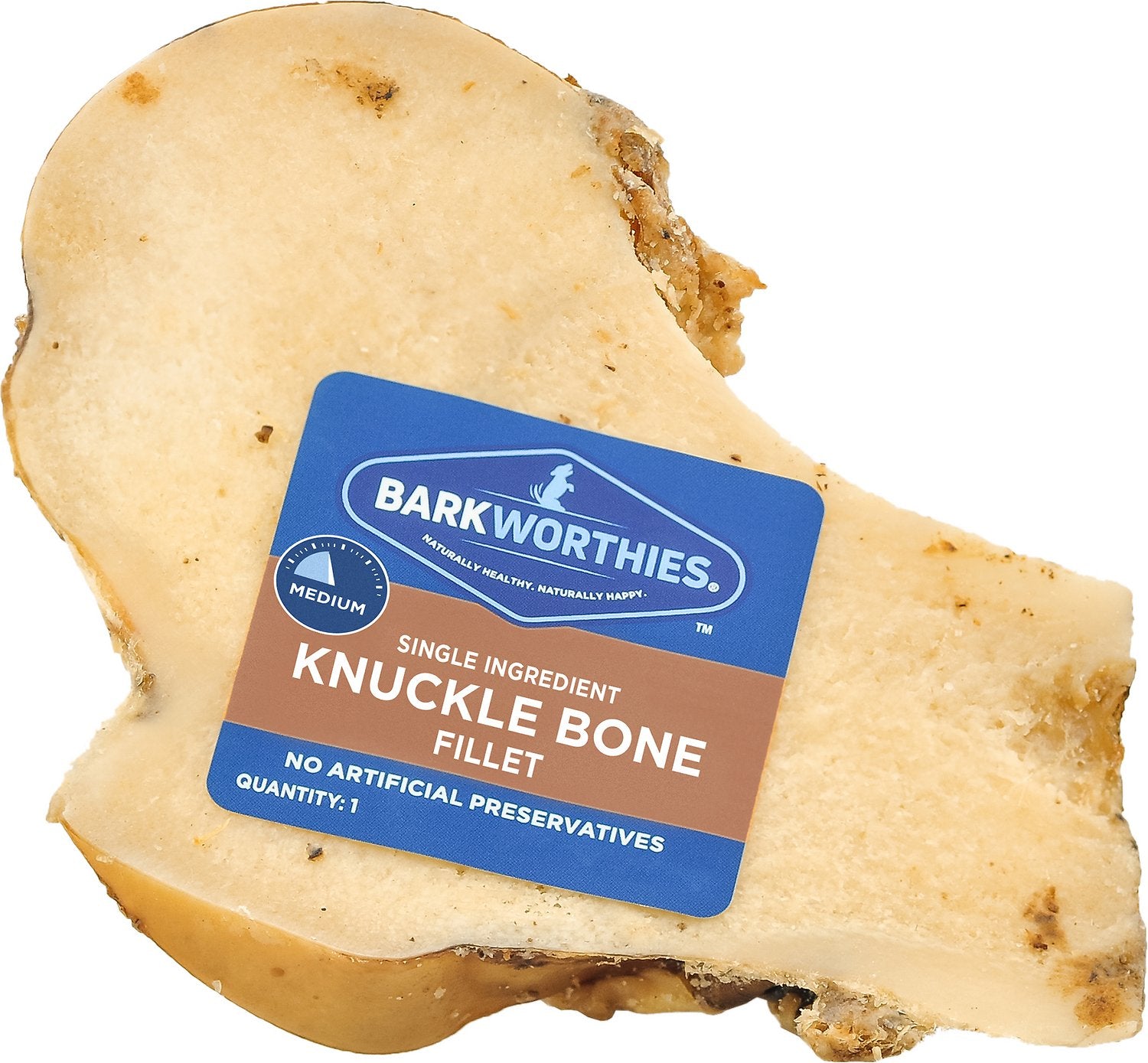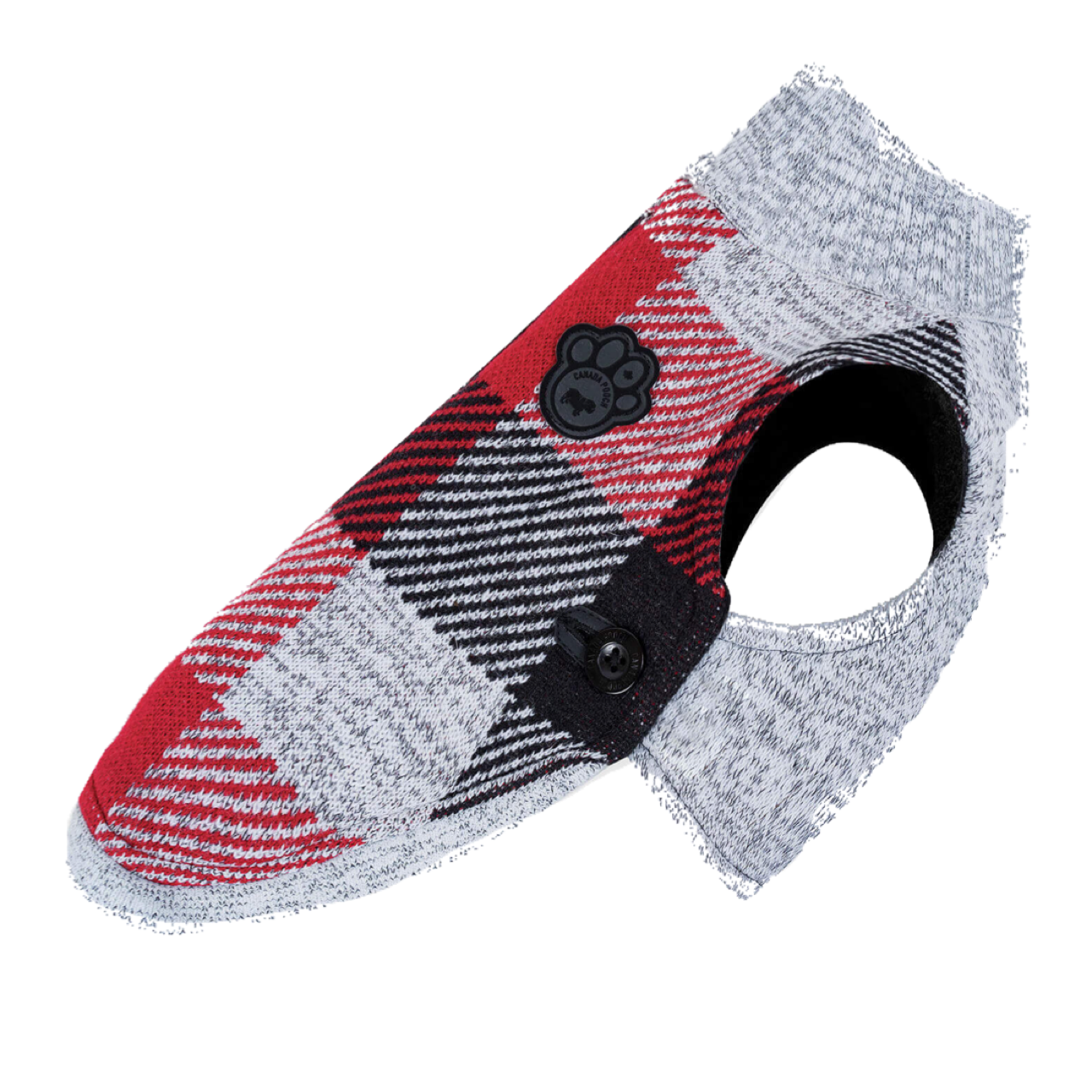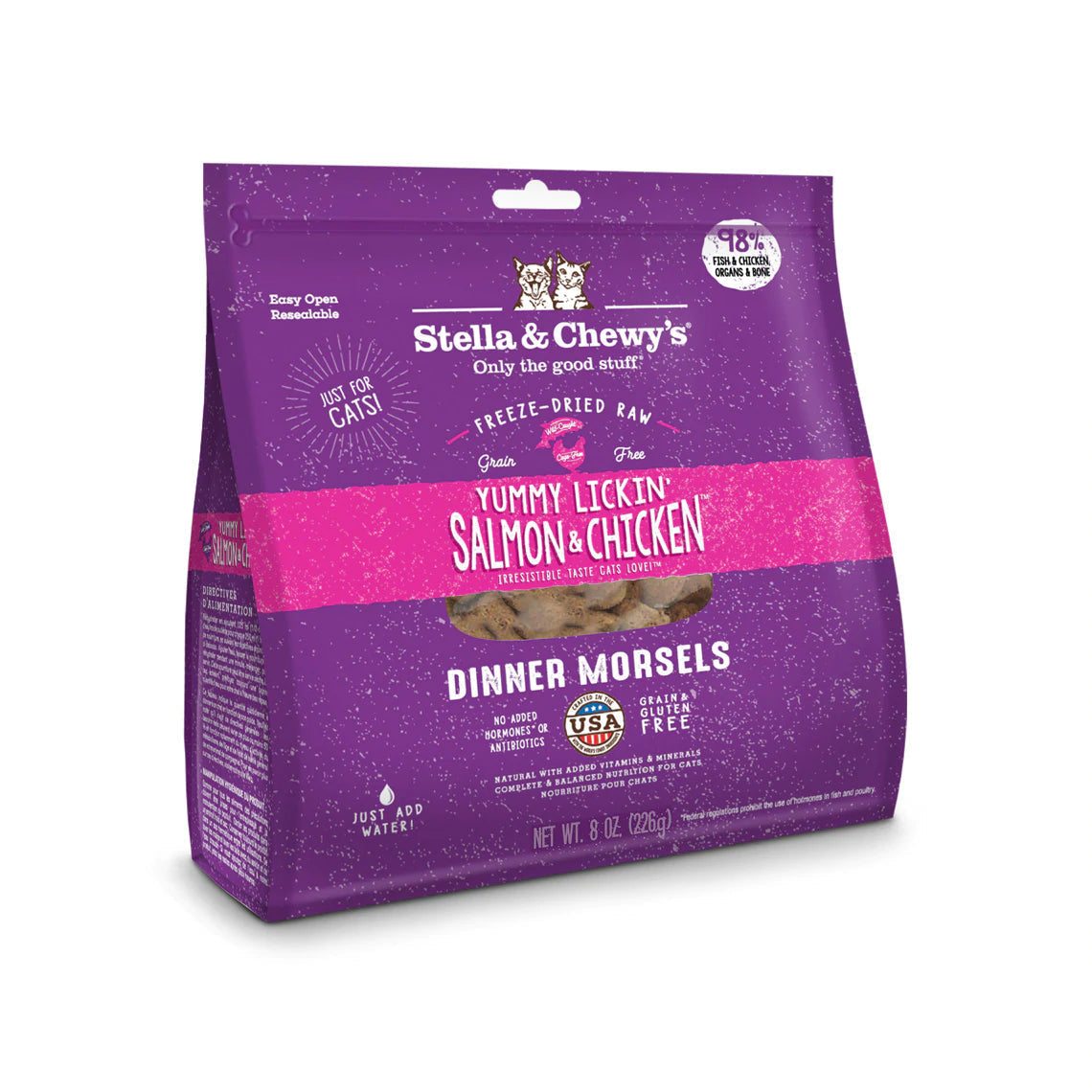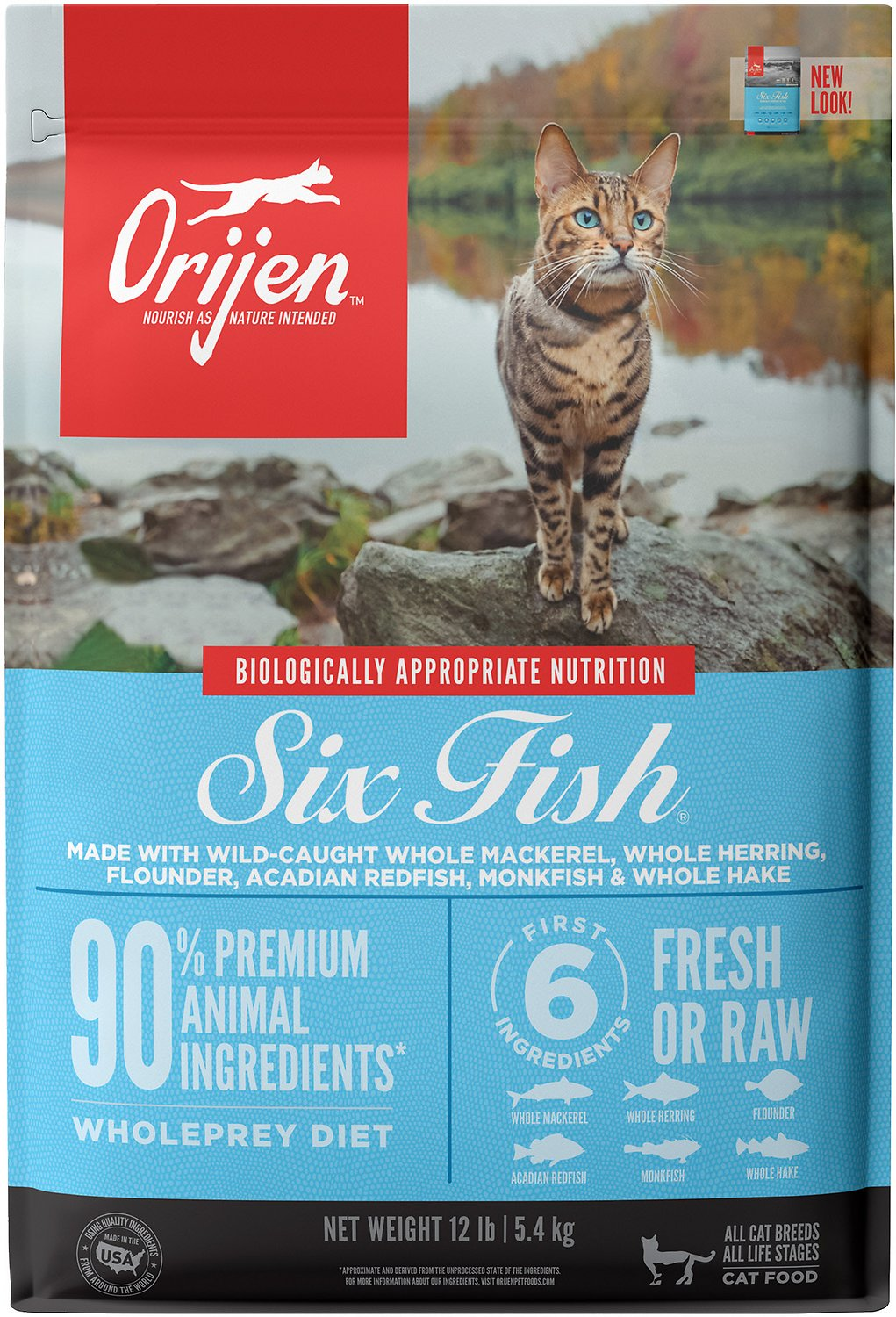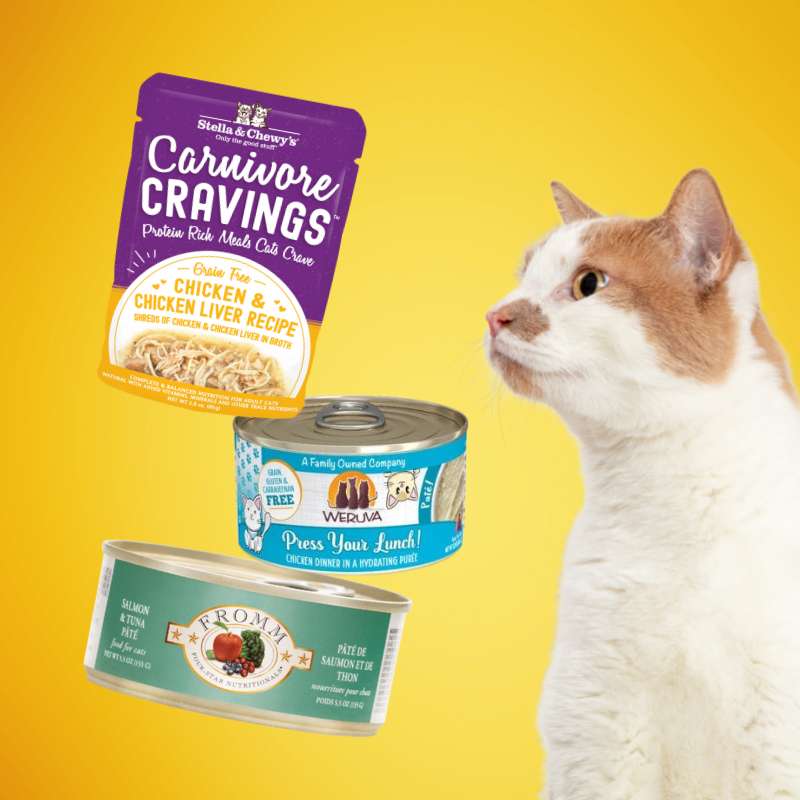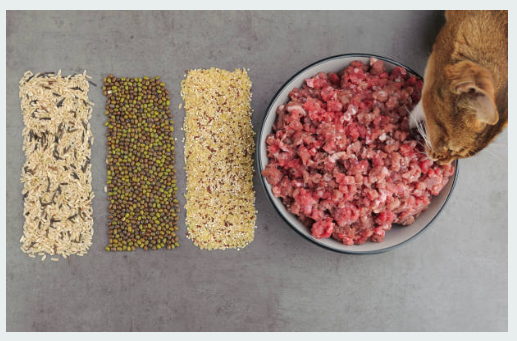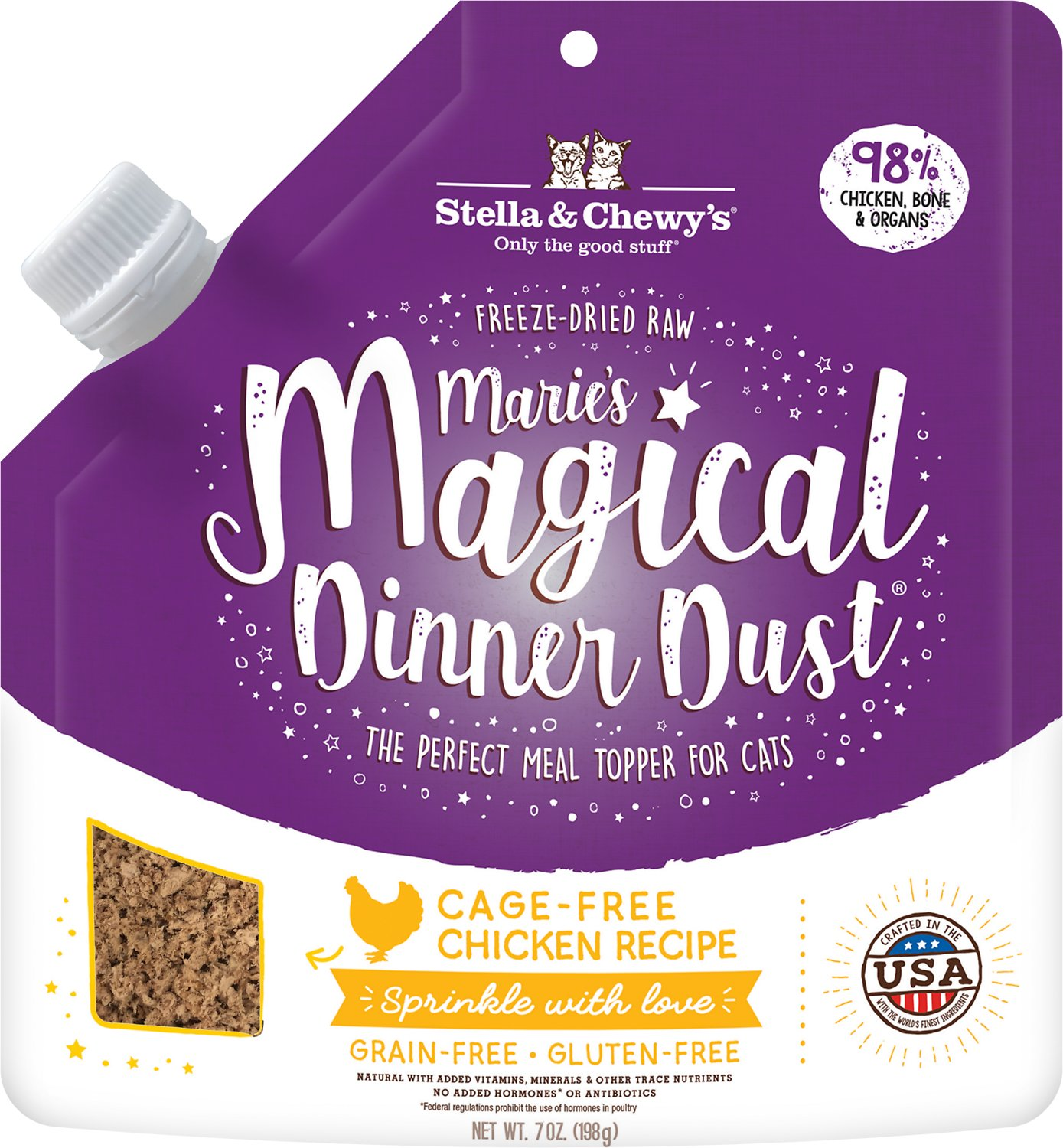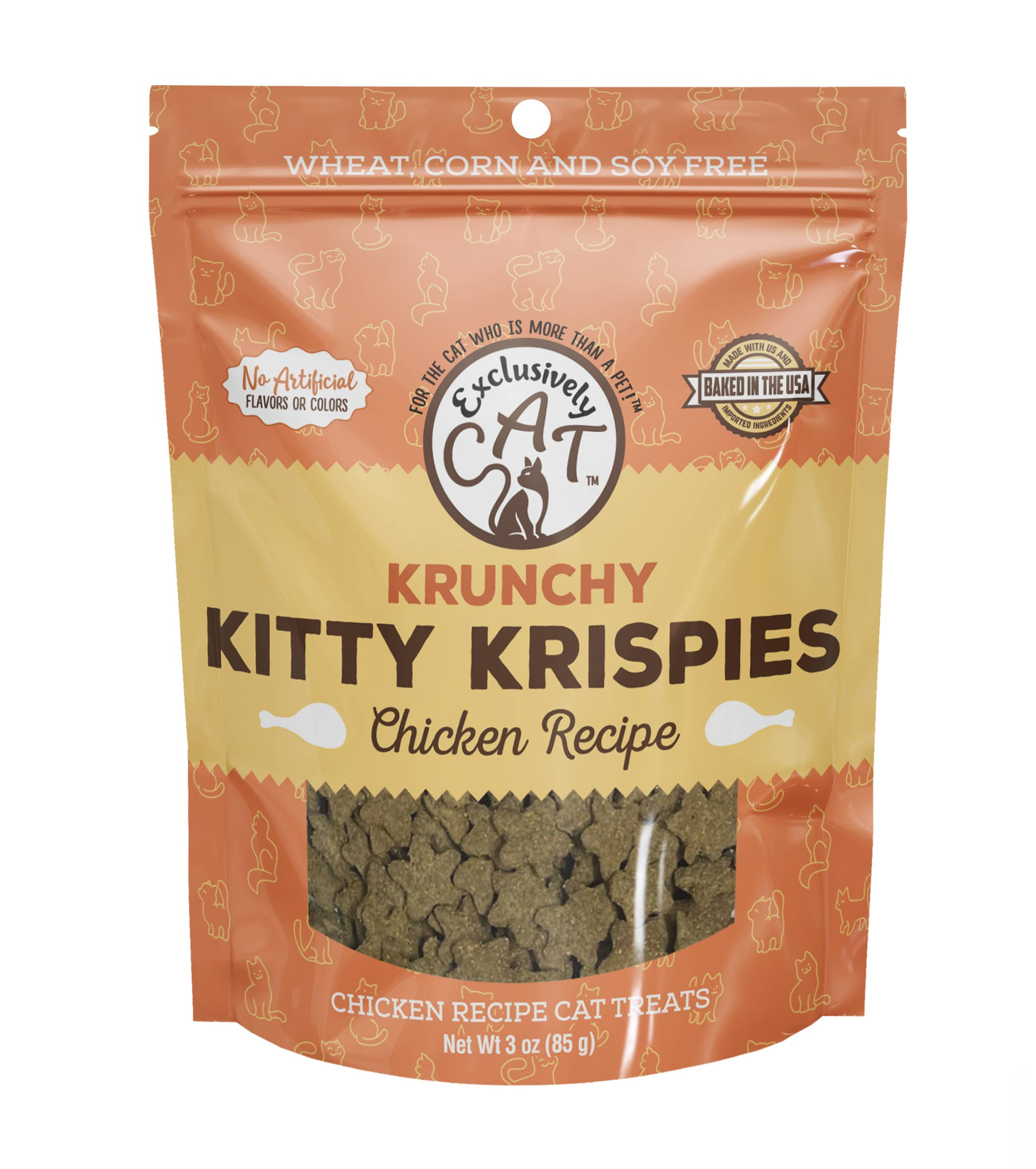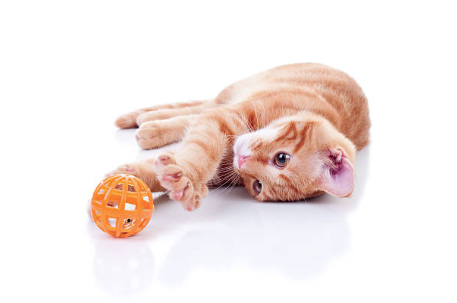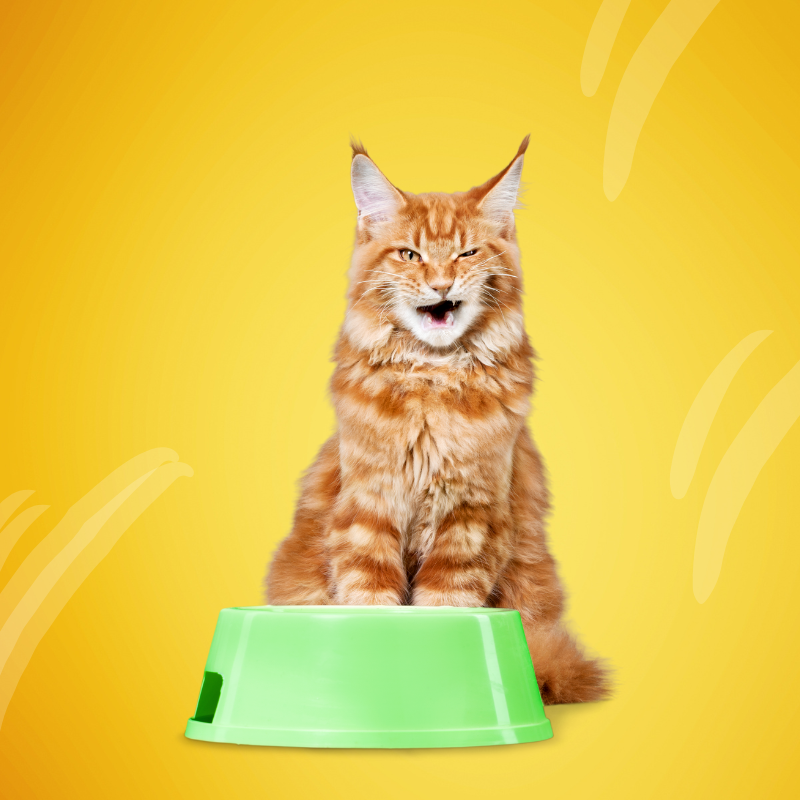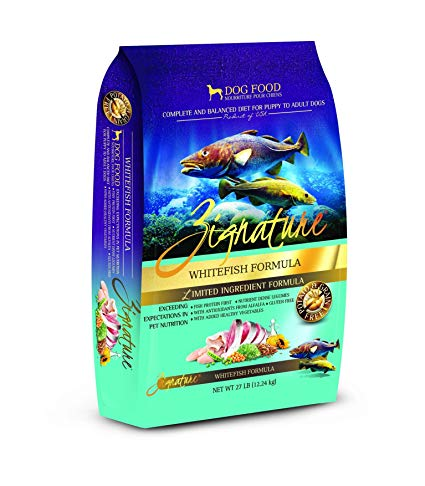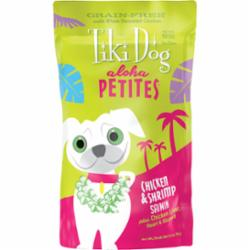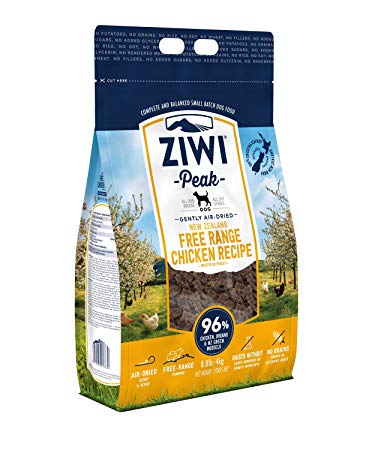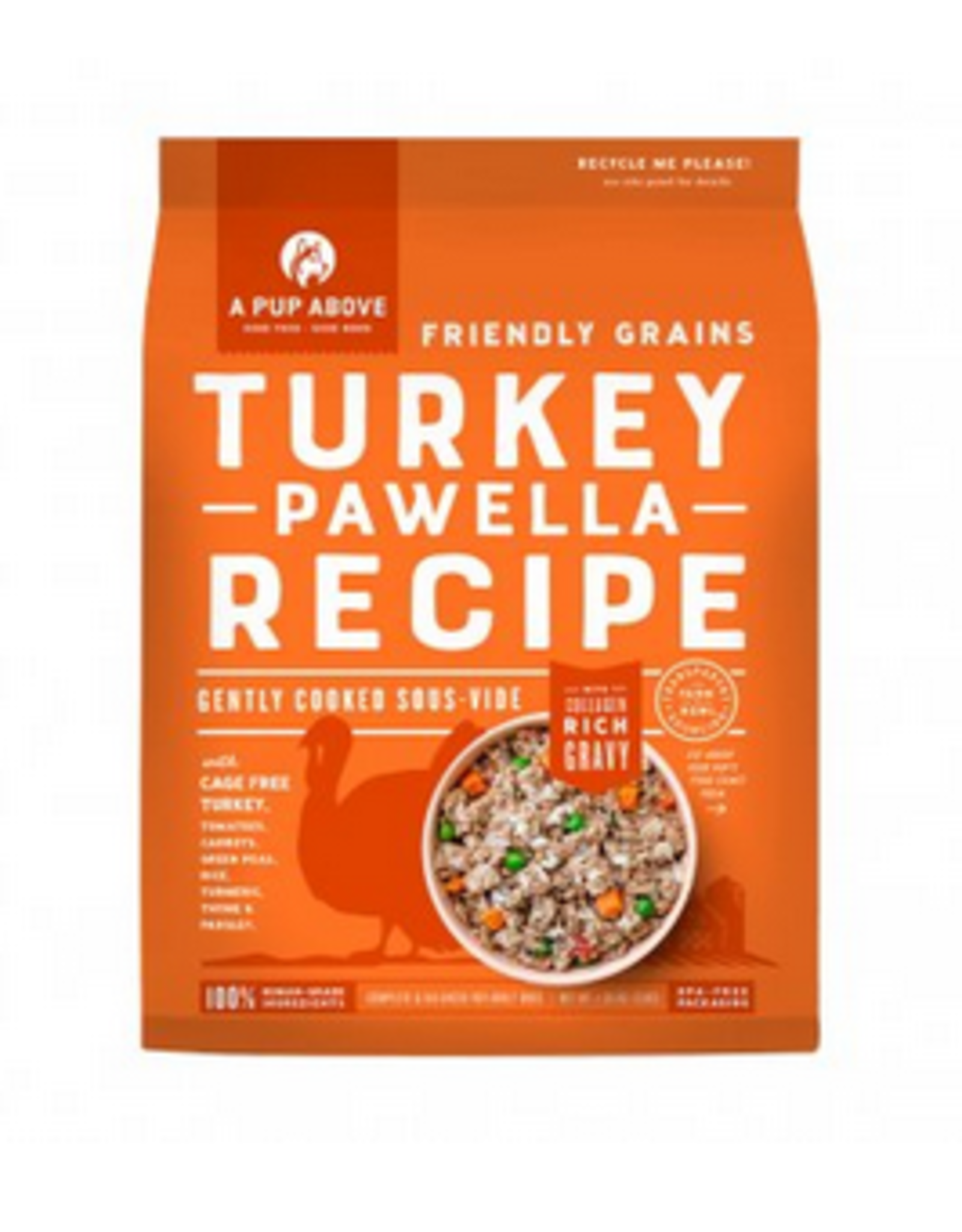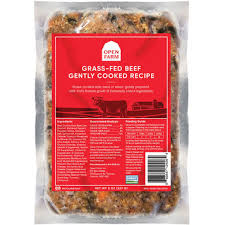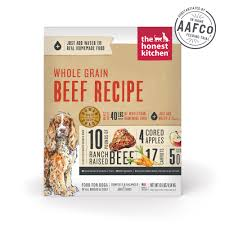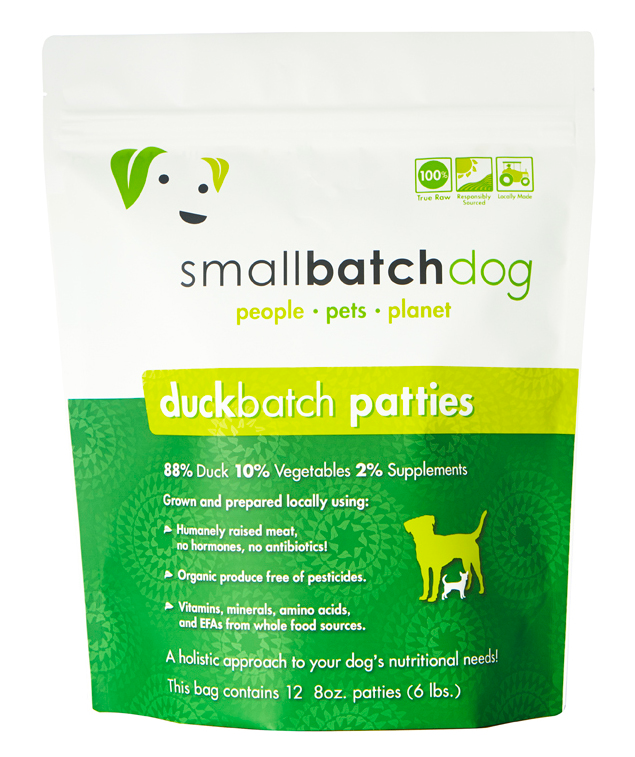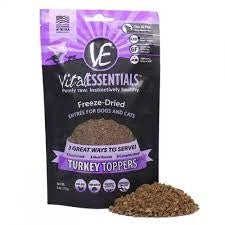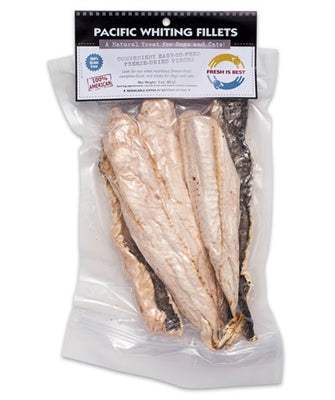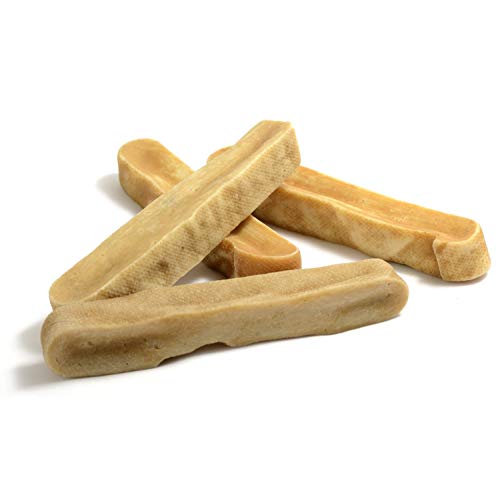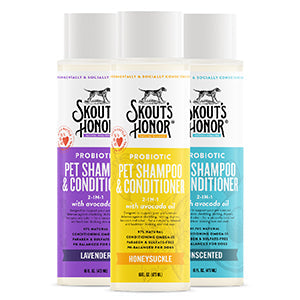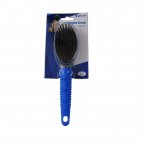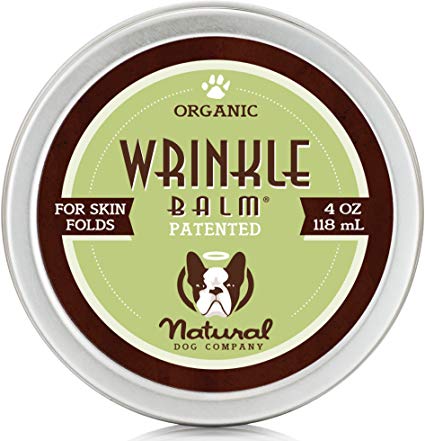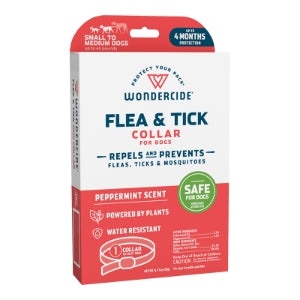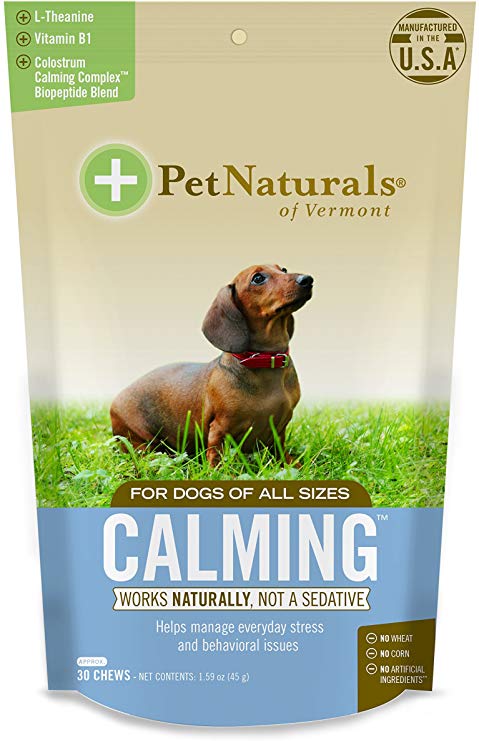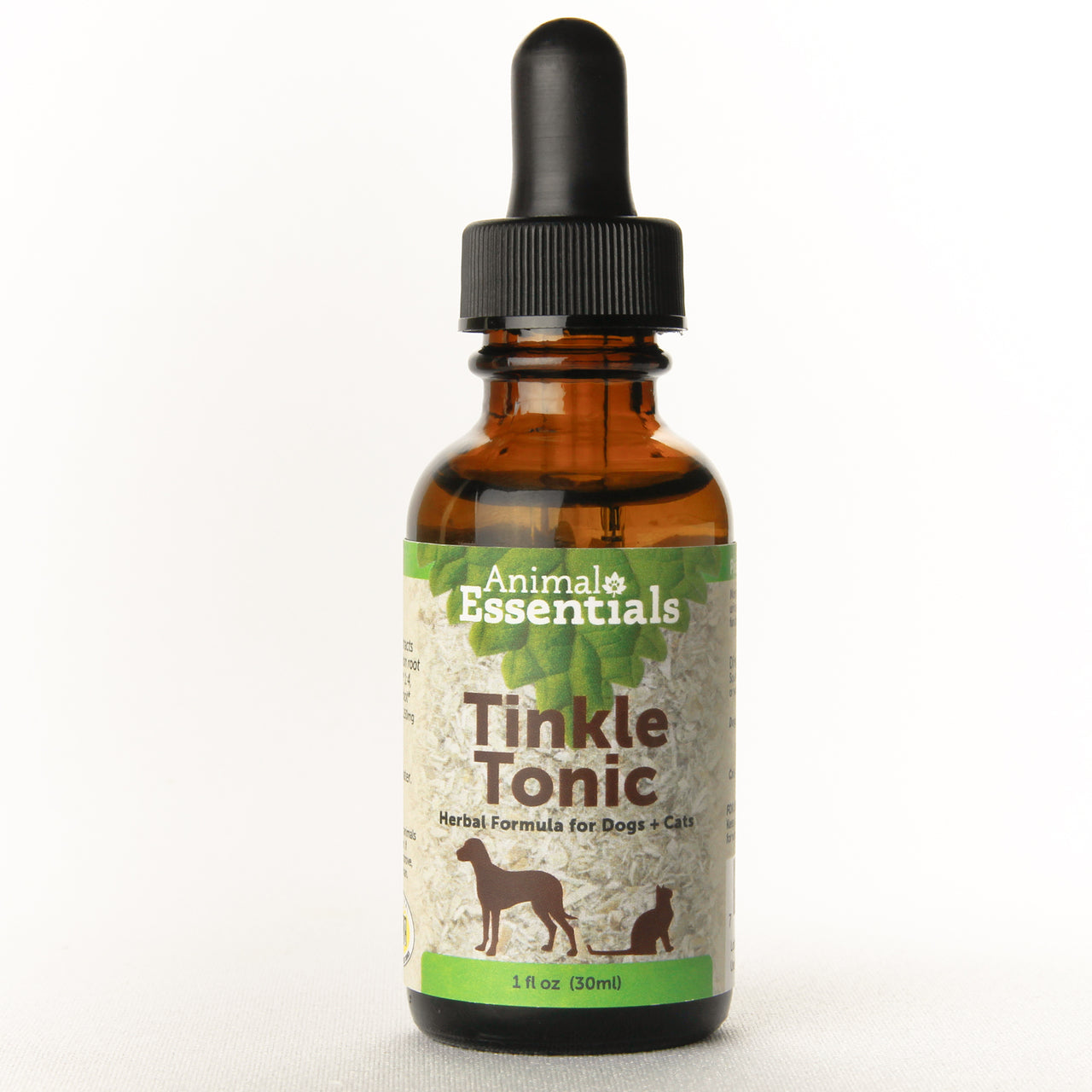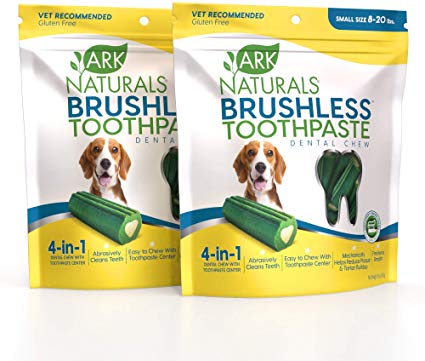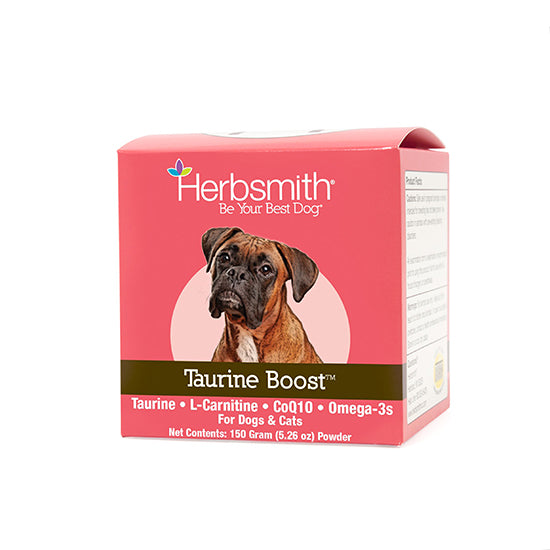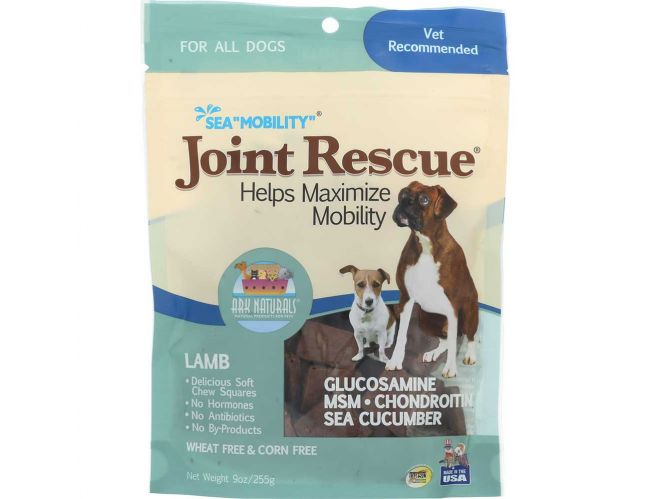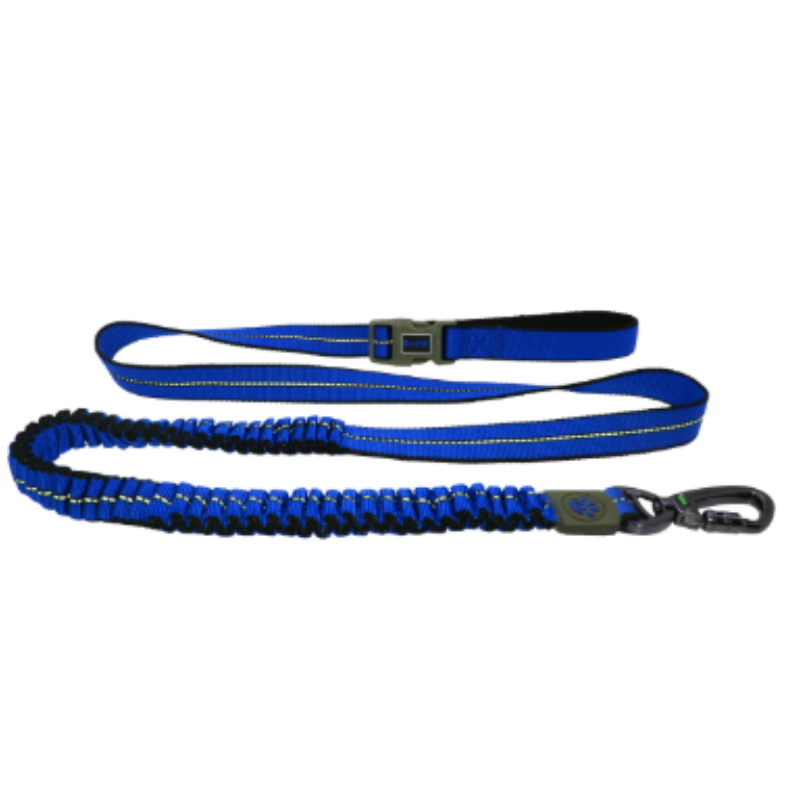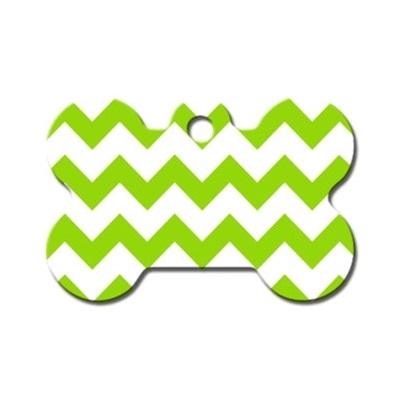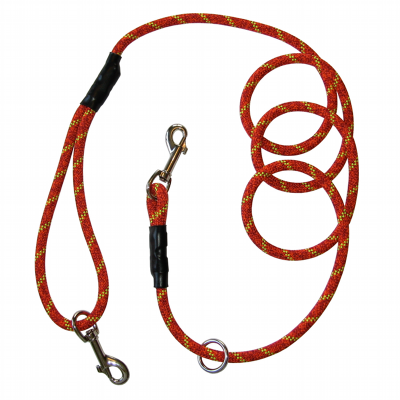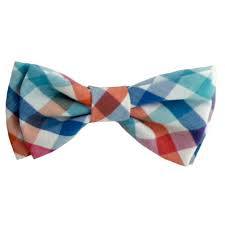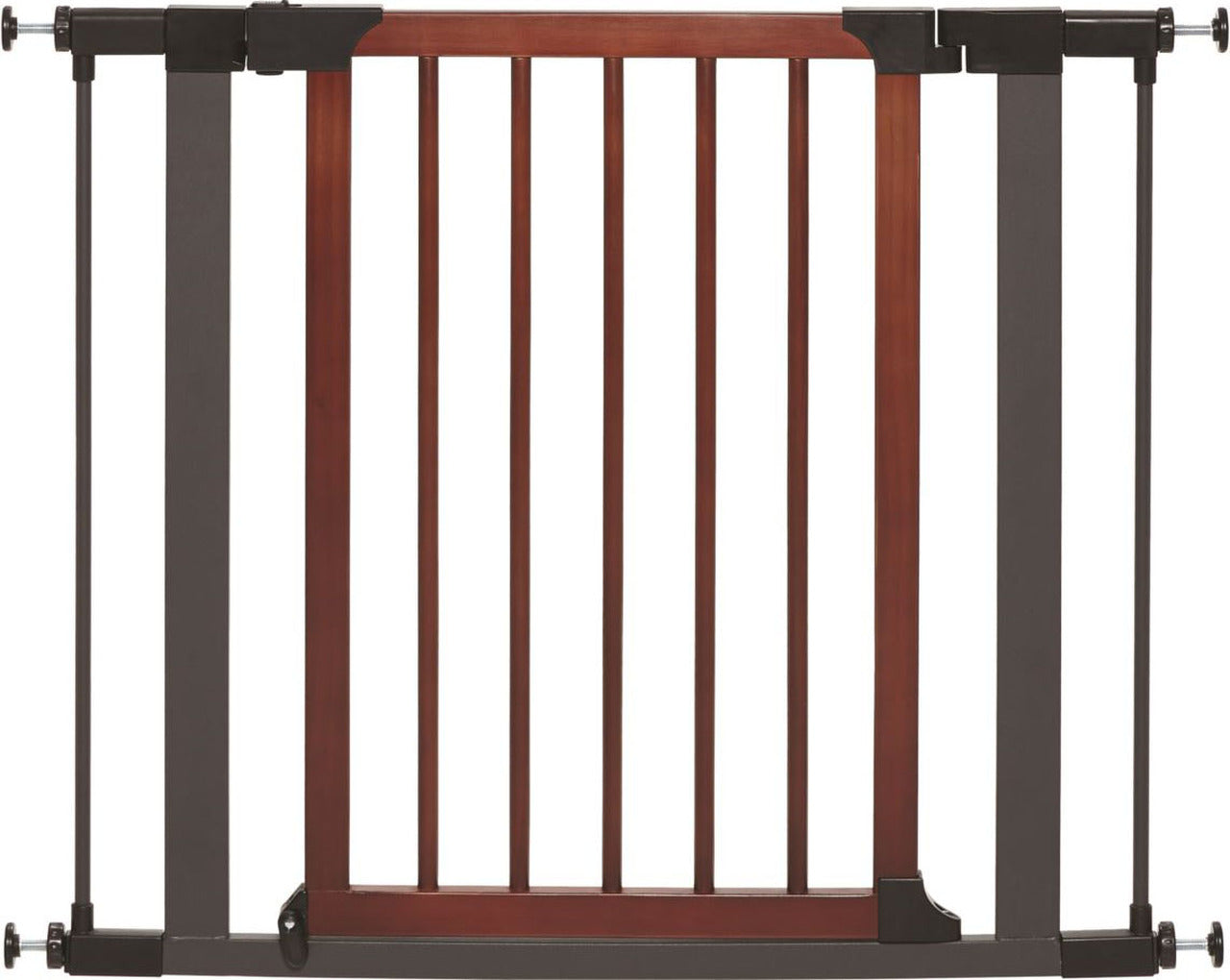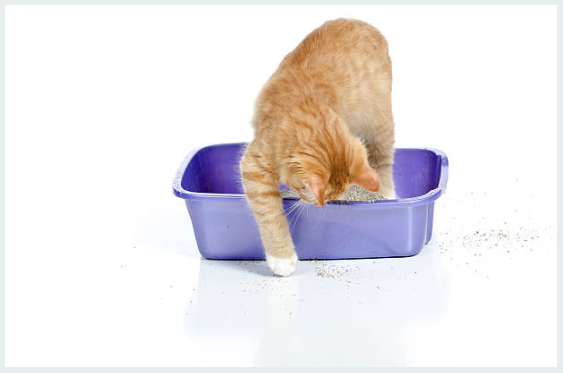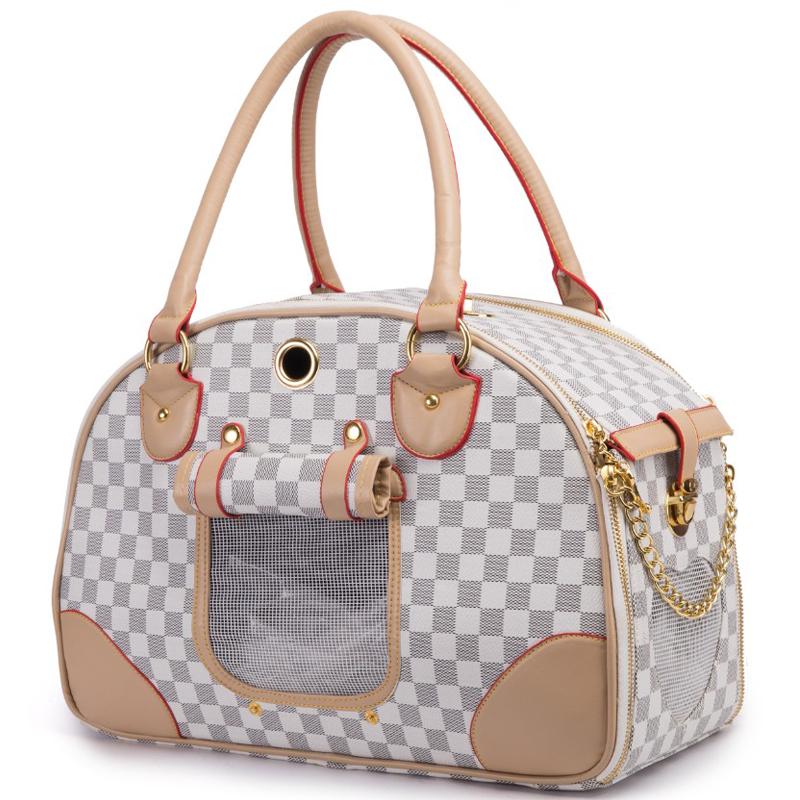In recent years, there has been a growing trend in pet nutrition that advocates for grain-free diets for dogs and cats. Many pet owners are switching their furry companions to grain-free food, citing various benefits. But what exactly does a grain-free diet mean, and why is it gaining so much popularity?
Understanding Grain-Free Diets
A grain-free diet for pets eliminates common cereal grains like wheat, corn, and soy from their meals. Instead, it focuses on high-quality protein sources like meat, fish, and poultry, along with nutrient-rich vegetables and fruits. This type of diet mimics the carnivorous nature of dogs and cats, providing them with a closer nutritional profile to their ancestors.
The Rise in Grain Allergies
One of the main reasons pet owners are transitioning to grain-free diets is the increasing prevalence of grain allergies and sensitivities among dogs and cats. Allergies to grains can manifest in various ways, including gastrointestinal upset, itchy skin, chronic ear infections, and even behavioral issues. By eliminating grains from their pets' diets, owners hope to alleviate these symptoms and improve their pets' overall well-being.
Better Digestion
Grain-free diets can also lead to better digestion in dogs and cats. Cereal grains like wheat and corn are not easily digested by pets due to their shorter digestive tracts and limited production of digestive enzymes. This can result in digestive upset, such as bloating, gas, and diarrhea. By removing grains and replacing them with highly digestible ingredients, pets can experience improved digestion and nutrient absorption.
Weight Management
Another benefit of grain-free diets is their potential for weight management in pets. Grains are often used as inexpensive fillers in pet foods, contributing to their caloric content without providing significant nutritional value. This can lead to unnecessary weight gain and obesity. Grain-free diets, on the other hand, prioritize protein sources, which are essential for maintaining lean muscle mass and promoting satiety. By feeding a grain-free diet, pet owners can help their four-legged friends maintain a healthy weight.
Reduced Food Sensitivities
Grains, especially wheat and corn, are among the most common allergenic ingredients found in commercial pet foods. By eliminating these grains from their pets' diets, owners can effectively reduce the risk of food sensitivities and allergies. This is particularly important for pets with known sensitivities or a history of allergic reactions. Grain-free diets provide an alternative that can help alleviate the symptoms associated with food sensitivities, such as itching, rashes, and digestive issues.
Improved Coat and Skin Health
Many pet owners report that their pets' coats and skin have improved after switching to grain-free diets. Grains like wheat and corn can be difficult for some pets to digest, leading to inflammation and skin irritation. When pets switch to a diet rich in high-quality proteins and essential fatty acids, their coat and skin health often improve. This can result in a shinier, softer coat and reduced itchiness.
Increased Energy and Vitality
Proponents of grain-free diets claim that the removal of grains from pets' diets can increase their energy levels and overall vitality. This could be attributed to several factors, such as improved digestion, better nutrient absorption, and a balanced nutrient profile. When pets receive the right balance of essential nutrients, they are more likely to have increased energy, better muscle development, and improved overall well-being.
Lowered Risk of Chronic Diseases
Highly processed foods that contain grains may contribute to the development of chronic diseases in pets. These foods often contain artificial additives, preservatives, and excessive amounts of carbohydrates. By feeding a grain-free diet, pet owners can reduce their pets' exposure to potentially harmful ingredients and minimize the risk of developing chronic diseases such as diabetes, obesity, and certain types of cancer.
Potential Concerns and Considerations
While grain-free diets offer numerous benefits, it's essential to remember that every pet is unique. Some pets may thrive on a grain-free diet, while others may not require it. Always consult with a veterinarian before making any significant changes to your pet's diet. It's also important to choose a grain-free pet food that meets all the nutritional requirements for your pet's life stage to ensure their overall health and well-being.
Conclusion
Grain-free diets have gained popularity among pet owners for a variety of reasons. From alleviating grain allergies and improving digestion to promoting weight management and better coat health, the benefits are numerous. However, it's crucial to remember that each pet is different, and consulting with a veterinarian is essential before transitioning to a grain-free diet. Ultimately, finding the right balance of nutrition for your beloved furry companion is the key to their long-term health and happiness.
Take a look at another user's Shopify store by clicking here. Please be aware that this is a promotional link, and we cannot be held responsible for the content of the linked store.



